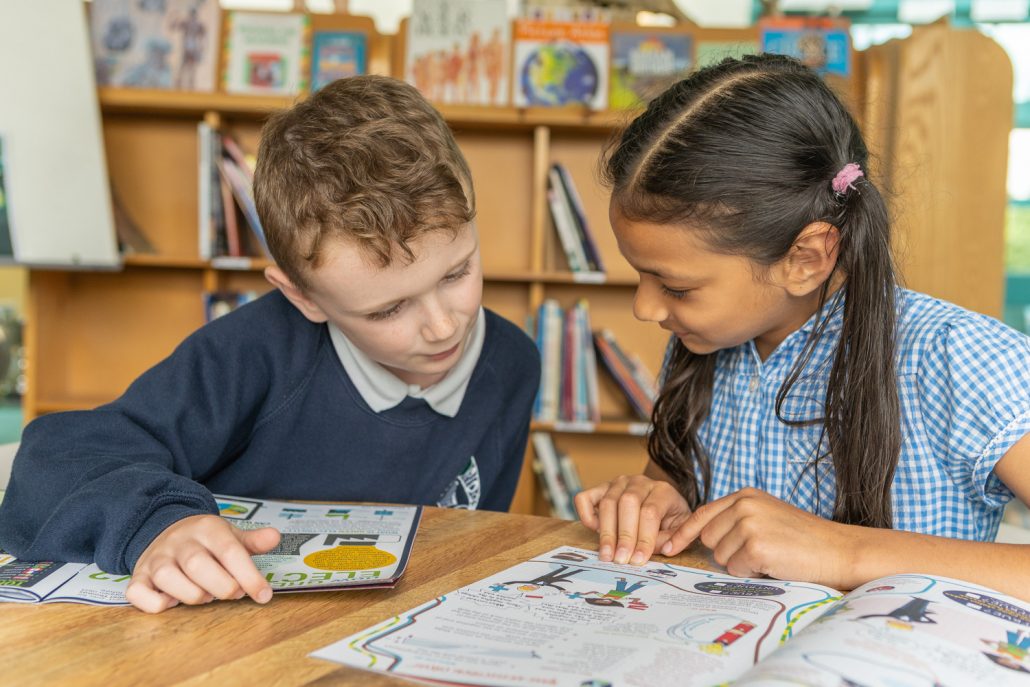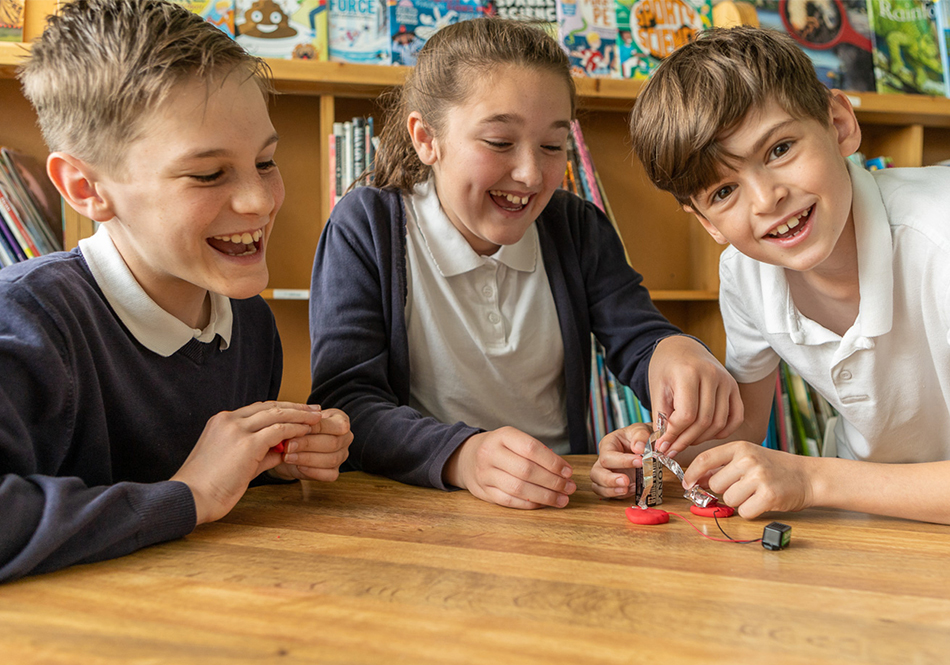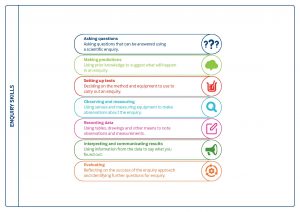Are you new to the role of Science Co-ordinator? Or maybe you’ve been a Science Co-ordinator for a while, but you’d like to freshen things up. Read these top tips from our primary school expert Kirsty Williams…
Writing your action plan
Being a co-ordinator of any subject can be daunting and it can be difficult to know where to start. An action plan is an ideal way to get things off the ground.
If you can, talk to the previous Science Co-ordinator. They will already have a wealth of knowledge on the subject and will be able to tell you what they have already done, what has worked well and what they think the next steps are. If they have left the school, look at their action plan from the previous year and speak to senior management staff to find out more information. It’s really important to establish the subject’s current profile at your school before you can decide what will go into your action plan. Just remember to make the targets achievable – for example, although having a science week is nice, an excellent science day might be more realistic.
Your responsibilities as a science co-ordinator
Once you’re familiar with your school’s science provision and future aims, you can write an action plan based on your responsibilities as a science co-ordinator. These are:
1. Promoting science
To be a good co-ordinator, you don’t have to be a subject specialist, but you do need to be interested in the subject and confident in teaching it. To be able to effectively promote science to the rest of the staff, it’s important to lead by example. When another teacher walks into your classroom, it should be clear that you have a love of science. Always have a science display and, when the opportunity arises, get your class to share their science work. Encourage other teachers to send their pupils to you to show you their science achievements. You could even keep some special science stickers to hand out as rewards!
Try to incorporate science into as many lessons as you can. Share your passion with the children and make it cross curricular. Choose science-related texts during English lessons and for reading comprehensions. Use historical scientists as well as current scientists, making sure there is a balance of gender. Interviews with people who use science in their jobs is a great way of promoting science capital. You want your pupils to see that science is everywhere and useful and can lead to some really exciting jobs, such as being a nature navigator or a coral biologist who gets to dive in the ocean as part of her job, or a thrill engineer who designs rollercoasters! The list goes on – check out our bank of reading comprehensions here.
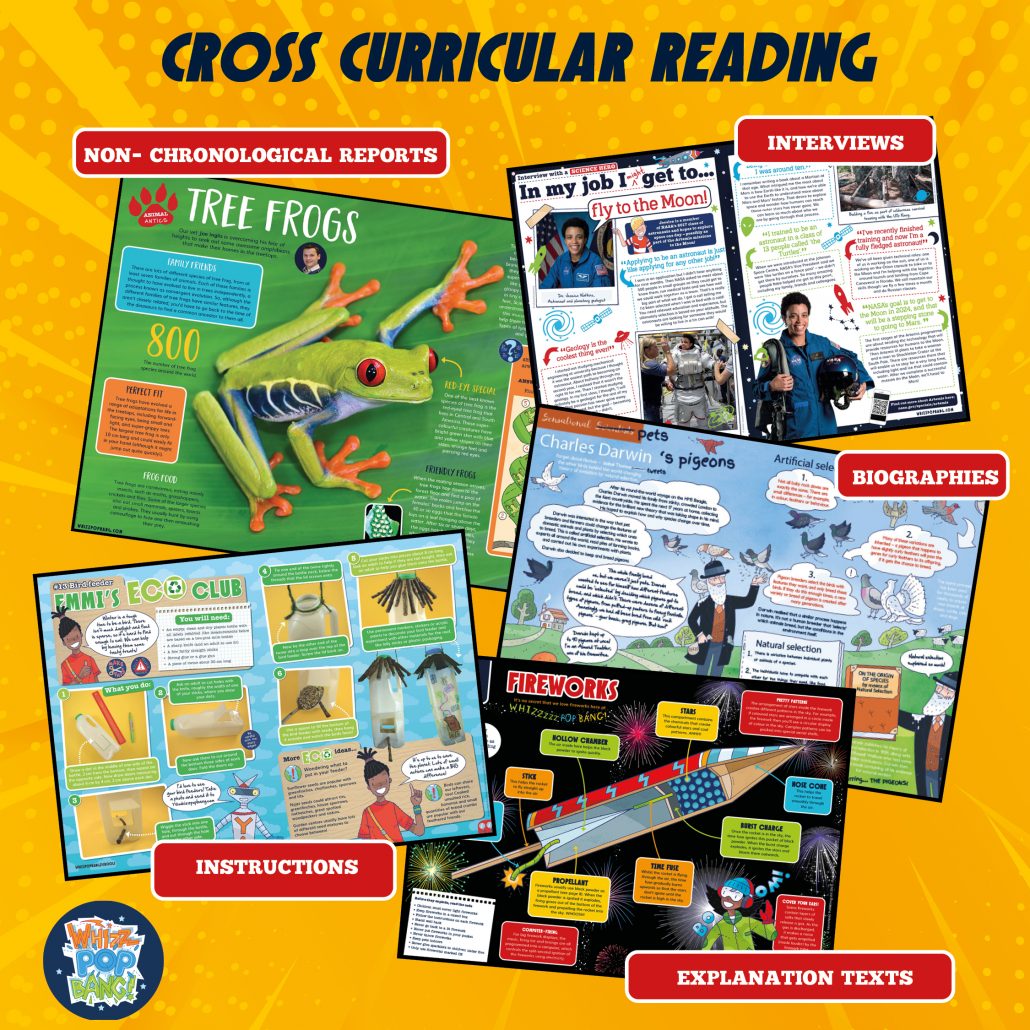
In staff meetings, it can be hard to give your subject a voice because it’s one of many subjects taught and you don’t want to add to your fellow teachers’ workloads. However, don’t forget that all children have to take several exams in science at GCSE level, along with English and maths, so it shouldn’t be allowed to be pushed out of the primary curriculum. If you have the opportunity to lead a staff meeting, try to make it fun and practical so that it’s memorable; remind teachers how enjoyable it is to teach science and make sure they leave with an idea they can try out in their own class. Whizz Pop Bang’s downloadable teaching resources are packed with engaging hands-on science lesson plans to ensure staff are never short of ideas.

2. Ensuring coverage and progression
It’s important to ensure each area of science is being taught in the correct year group, in line with the National Curriculum. To do this, you can ask teachers which topics they are teaching in each term, plus which enquiry skills they are covering. This overview will help you to see if there are any gaps, and a record should be kept in your co-ordinator’s file. The PSTT has a great poster which explains each enquiry skill, which may be a useful document to give to each member of staff to support their planning.
It can be tempting to buy into a scheme to try to ensure progression. A scheme can provide a good skeleton to support your less confident colleagues, but it isn’t strictly necessary – schemes are expensive and can still have gaps.
To ensure progression in lessons, you should make time during the year to do a medium-term planning scrutiny. You should look for progression and make sure that members of staff are covering the content of each topic correctly. It’s important that year groups don’t cross over. Some topics are smaller than others so, where this is the case, encourage teachers to broaden their pupils’ scientific thinking and cover more of the enquiry skills, rather than adding in further content that may be taught in another year group. It’s important that pupils learn science skills, as we all know it’s about the journey and not about the final outcome. OFSTED will be looking to see evidence of where lessons are going and where they have come from, so showing progression is particularly important.
Vocabulary progression is also key; giving each teacher a vocabulary list for each topic can be helpful. Knowledge organisers are also popular. These are useful tools that help teachers to make sure they cover the correct content. It’s important these are used correctly – they shouldn’t be given to pupils to learn the content, but instead, they should be used as a support for spellings and definitions. Whizz Pop Bang has vocabulary posters and knowledge organisers for each year group – they’re available within our teaching resources.
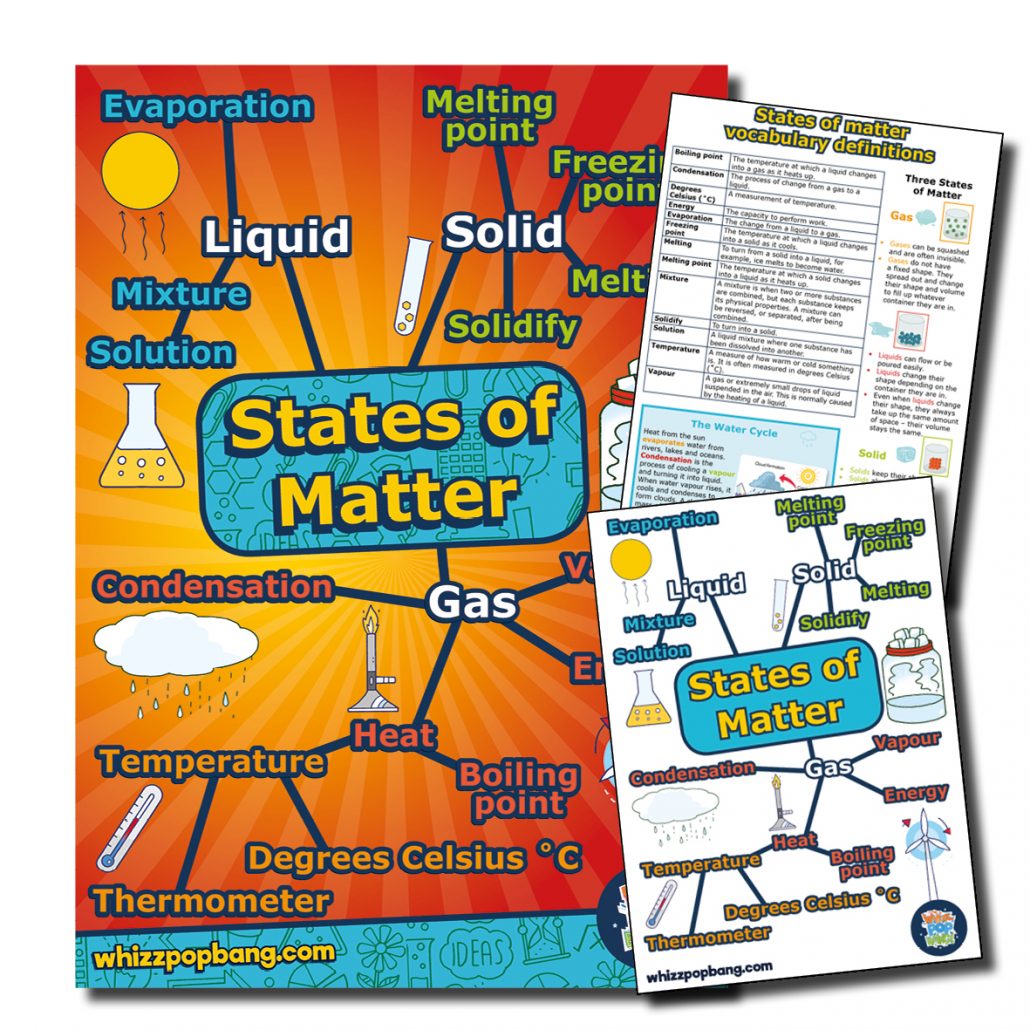
3. Resourcing
You are responsible for ensuring teachers have the resources they need to teach their subjects. One of your first jobs at the beginning of the school year should be making sure the resources are organised and clearly labelled so you can see what is missing or needs replacing. Ensure consumable resources, such as batteries, are topped up regularly and buy class sets of beakers and measuring cylinders etc, to make testing ‘fair’. In the current situation, the sharing of certain resources is prohibited. There is more guidance on this from CLEAPS
Whizz Pop Bang provides hundreds of engaging downloadable science lesson plans, PowerPoint presentations, hands-on investigations and science reading comprehensions that are all written by primary school teachers and linked to the National Curriculum.
4. Supporting less confident colleagues
Supporting teachers who are not confident with teaching science is really important. As primary school teachers, we are expected to teach lots of different subjects so there’s nothing wrong in admitting that you need help teaching an area of science – we can’t all be good at everything! Talk to your colleagues and establish which areas they are less confident about and how you can help them. You might be able to assist them with planning or you could arrange for them to watch you teach science. If it’s subject knowledge that they’re wobbly on, Reach Out CPD is a really useful free website that explains the science behind the topics. It only takes a few minutes to go through each unit.
In Whizz Pop Bang’s downloadable lesson plans, the science behind each experiment or investigation is clearly explained, to give teachers the confidence they need to deliver the lessons.
5. Keeping up to date
As part of your role, it is important to be aware of what is new. This is hard to do when you are busy but social media is an easy way to do this. It is a great place to find support and get new ideas. As a community, teachers are supportive and are keen to share ideas and give advice. There are some great groups out there, such as primary science co-ordinators and the Whizz Pop Bang teachers’ group, which gives regular updates on new resources added to the website and shares relevant news and articles.
6. Keeping things on track
Once you’ve written an action plan and begun to implement it across your school, it’s important to keep an eye on how things are progressing. There are plenty of ways to keep track of science in school – observing lessons, learning walks, book scrutiny, planning scrutiny and pupil chats. All of these are important, but most importantly, remember to lead by example so that all the staff and children sense your infectious love of science!
If you have found this blog useful, we also have a blog about how to prepare for an Ofsted deep dive into science.
Whizz Pop Bang magazine and teaching resources are brilliant ways to enhance your school’s science teaching:
- We provide downloadable science lesson plans, PowerPoint presentations, hands-on investigations and science reading comprehensions written by primary school teachers.
- Whizz Pop Bang teaching resources link to the National Curriculum, ensuring correct coverage.
- All of our resources are year group specific, ensuring progression between the years.
- We make cross-curricular links to other subjects, such as English, Maths, History, Geography, Design and Technology and PSHE.
Prices from as little as £190 per year for a copy of Whizz Pop Bang magazine through the post each month and whole-school access to our ever-growing library of downloadable teaching resources, with unlimited teacher logins.
“Using Whizz pop bang school resources has enabled investigations to be an integral part of my science planning. I now have investigations and experiments throughout my planning rather than just at the end. The lessons are easy to resource and the pack has everything I need to teach the lesson so it saves me time as well!” Louise Hampson, Year 3 teacher

